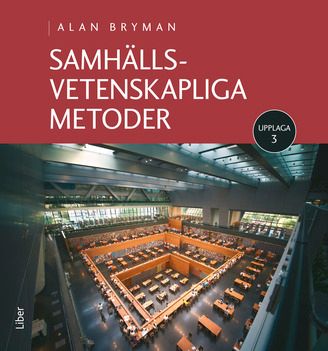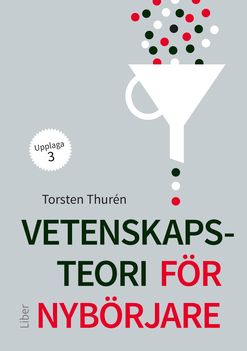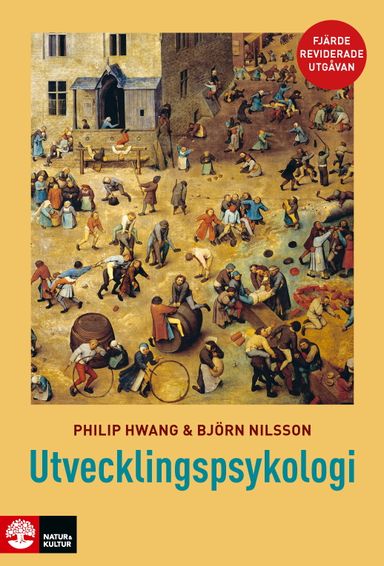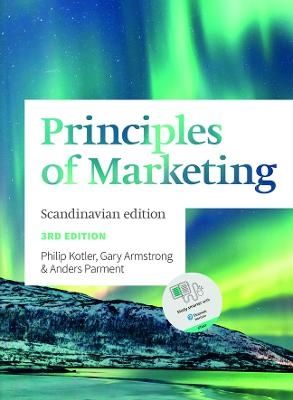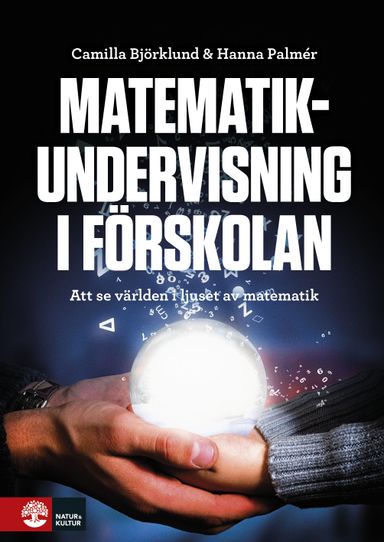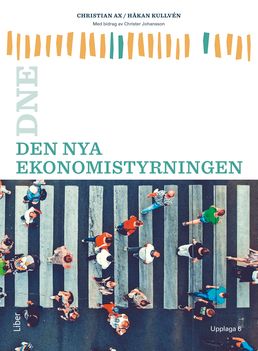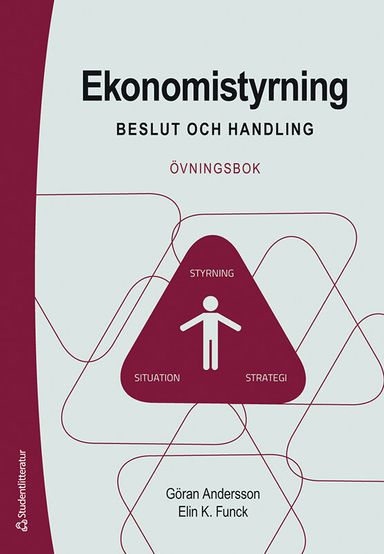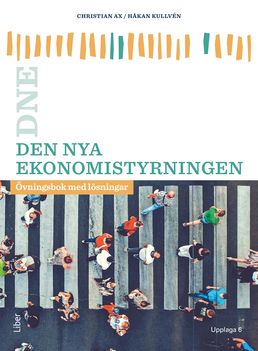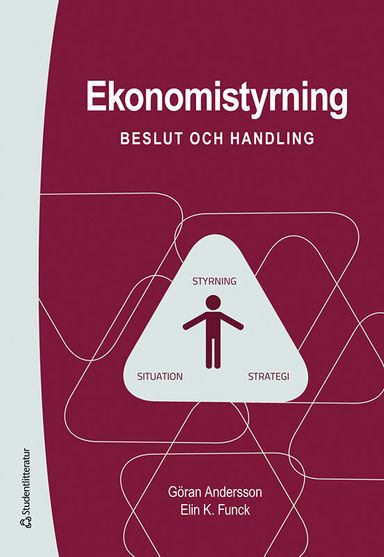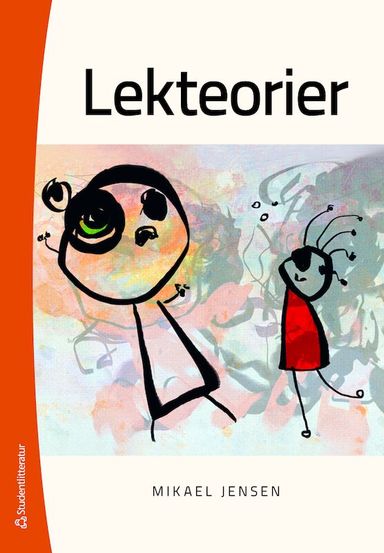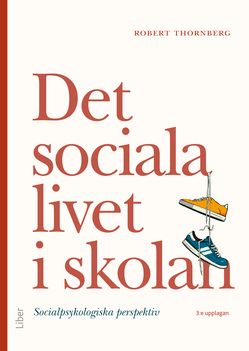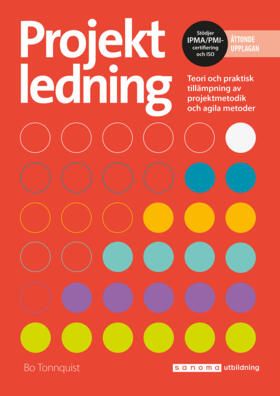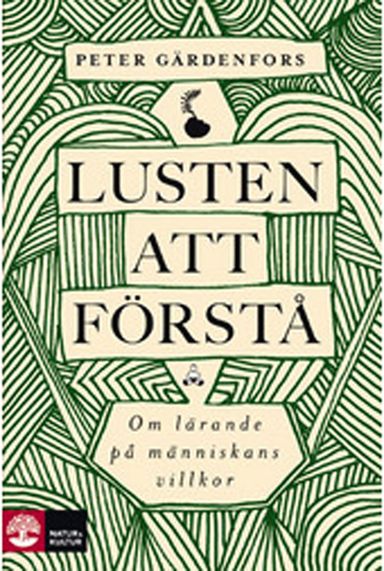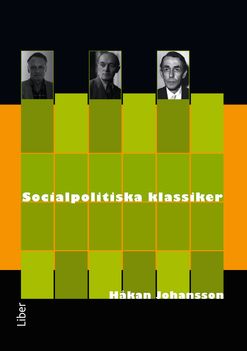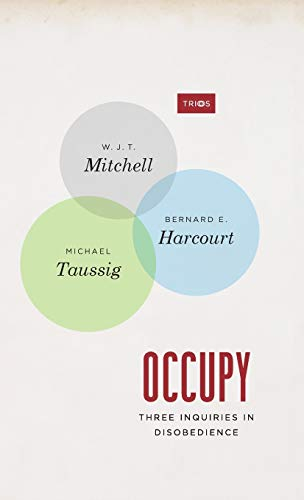

Occupy
- Utgiven: 2013
- ISBN: 9780226042602
- Sidor: 152 st
- Förlag: University of Chicago Press
- Format: Inbunden
- Språk: Engelska
Om boken
Mic check! Mic check! Lacking amplification in Zuccotti Park, Occupy Wall Street protestors addressed one another by repeating and echoing speeches throughout the crowd. In "Occupy", W. J. T. Mitchel, Bernard E. Harcourt, and Michael Taussig take the protestors' lead and perform their own resonant call-and-response, playing off of each other in three essays that engage the extraordinary Occupy movement that has swept across the world, examining everything from self-immolations in the Middle East to the G8 crackdown in Chicago to the many protest signs still visible worldwide. "You break through the screen like "Alice in Wonderland"," Taussig writes in the opening essay, "and now you can't leave or do without it." Following Taussig's artful blend of participatory ethnography and poetic meditation on Zuccotti Park, political and legal scholar Harcourt examines the crucial difference between civil and political disobedience. He shows how by effecting the latter - by rejecting the very discourse and strategy of politics - Occupy Wall Street protestors enacted a radical new form of protest. Finally, media critic and theorist Mitchell surveys the global circulation of Occupy images across mass and social media and looks at contemporary works by artists such as Antony Gormley and how they engage the body politic, ultimately examining the use of empty space itself as revolutionary monument. "Occupy" stands not as a primer on or an authoritative account of 2011's revolutions, but as a snapshot, a second draft of history, beyond journalism and the polemics of the moment - an occupation itself. Each Trios book addresses a pressing theme in critical theory, philosophy, or cultural studies through three extended essays written in close collaboration by leading scholars.
Åtkomstkoder och digitalt tilläggsmaterial garanteras inte med begagnade böcker
Mer om Occupy (2013)
I maj 2013 släpptes boken Occupy skriven av W J T Mitchell, Bernard Harcourt, Michael Taussig, Bernard E Harcourt, Michael Taussig. Den är skriven på engelska och består av 152 sidor. Förlaget bakom boken är University of Chicago Press.
Köp boken Occupy på Studentapan och spara pengar.
Referera till Occupy
Harvard
Mitchell, W. J. T., Harcourt, B., Taussig, M., Harcourt, B. E. & Taussig, M. (2013). Occupy. University of Chicago Press.
Oxford
Mitchell, W J T, Harcourt, Bernard, Taussig, Michael, Harcourt, Bernard E & Taussig, Michael, Occupy (University of Chicago Press, 2013).
APA
Mitchell, W. J. T., Harcourt, B., Taussig, M., Harcourt, B. E., & Taussig, M. (2013). Occupy. University of Chicago Press.
Vancouver
Mitchell WJT, Harcourt B, Taussig M, Harcourt BE, Taussig M. Occupy. University of Chicago Press; 2013.
